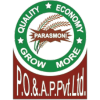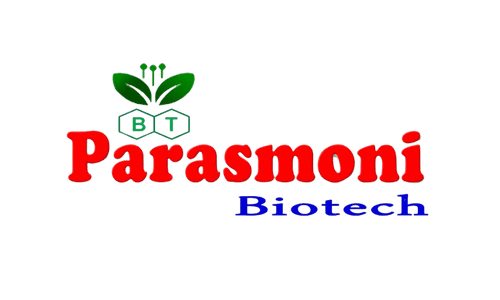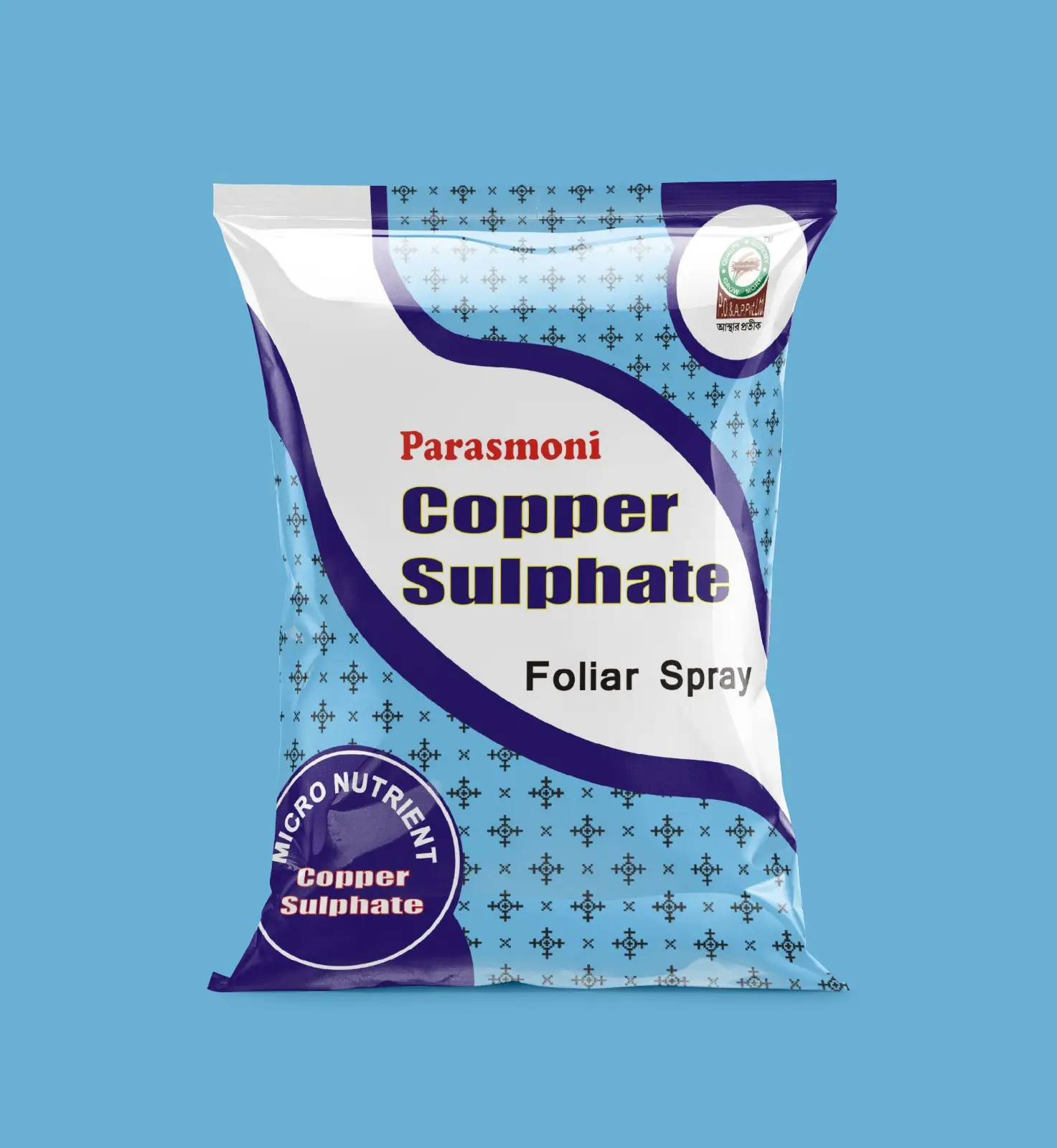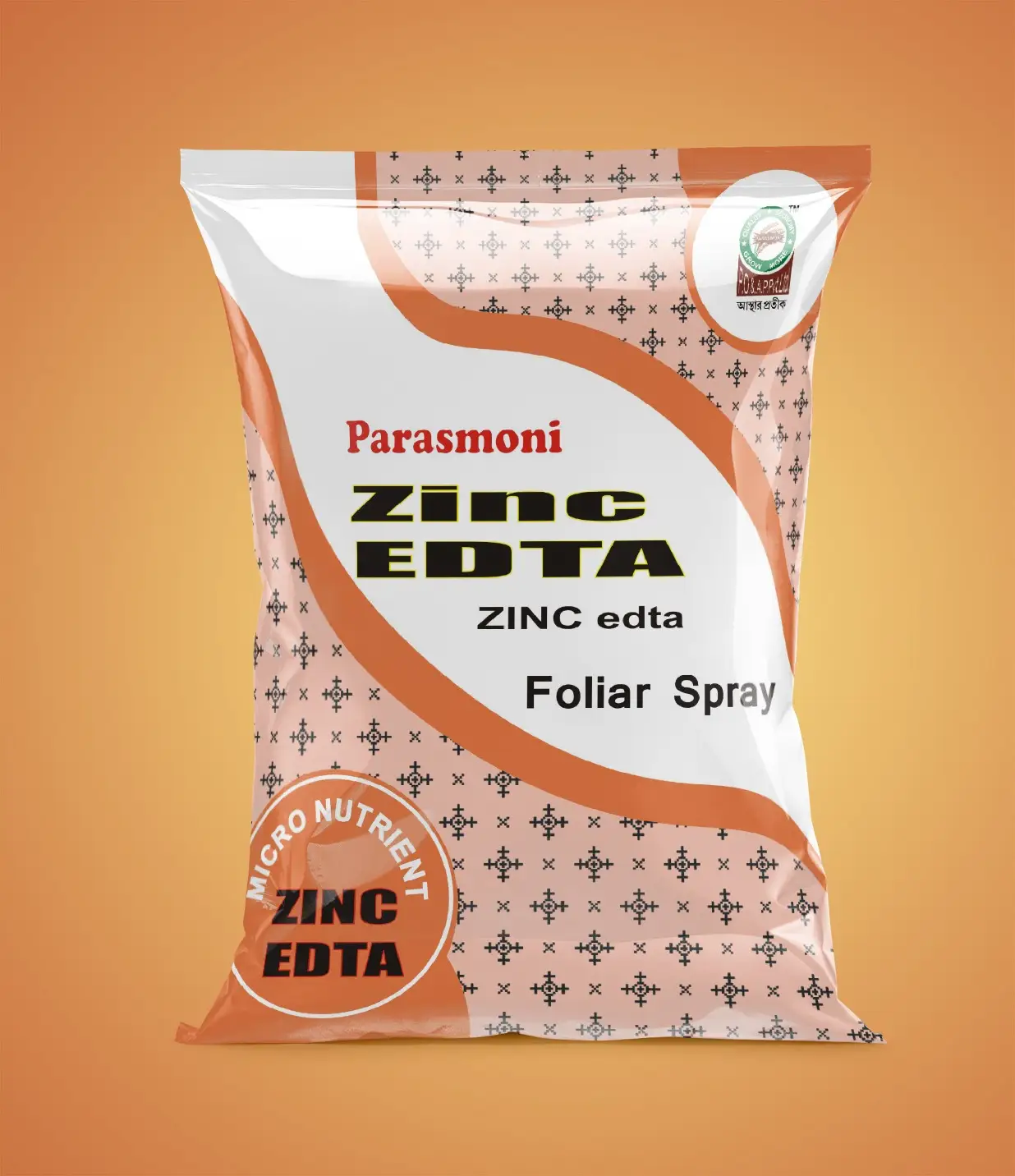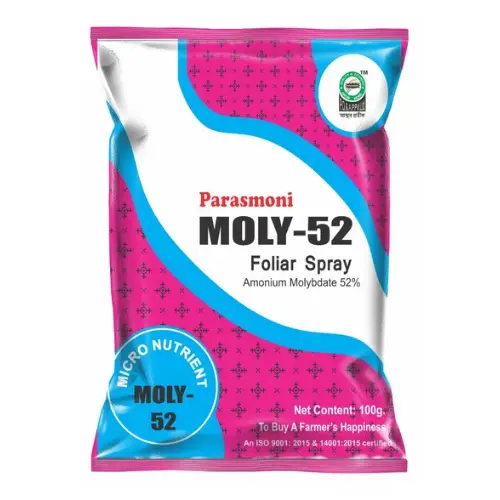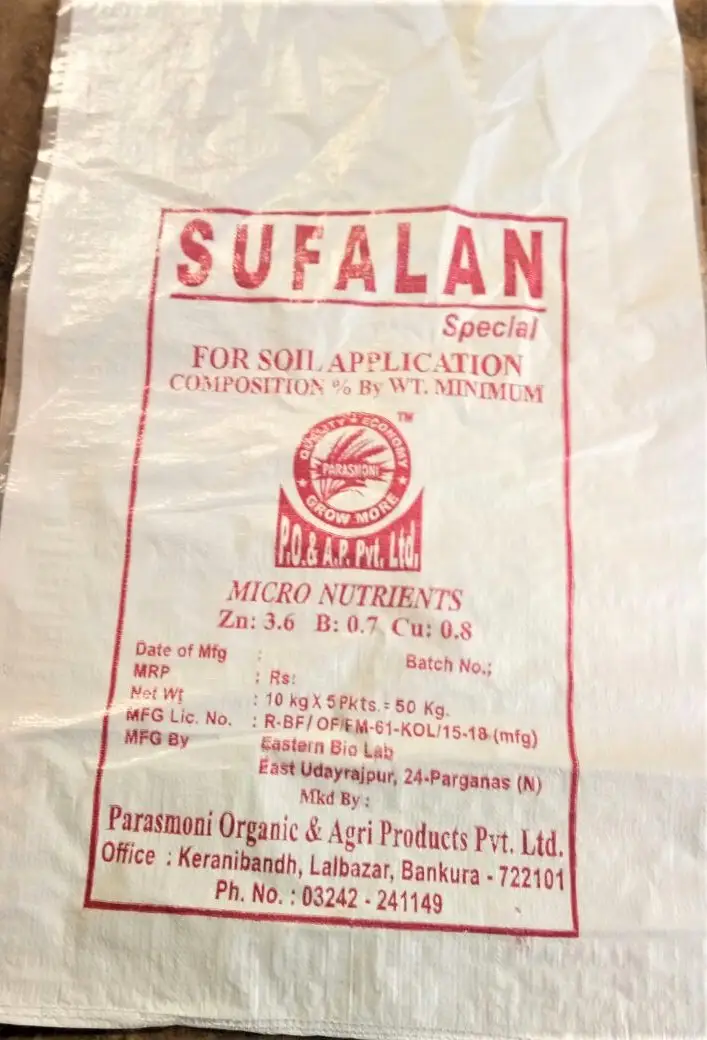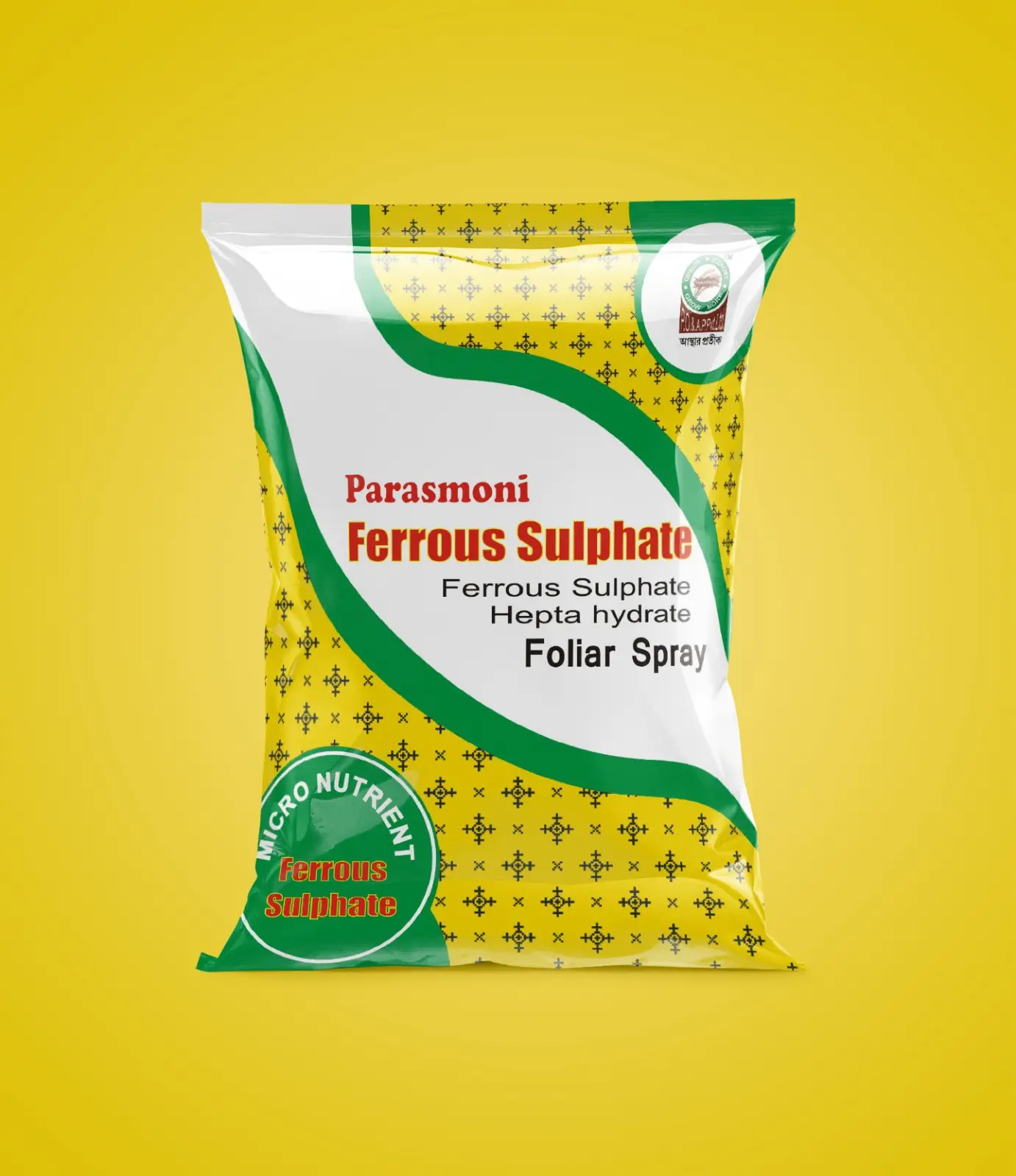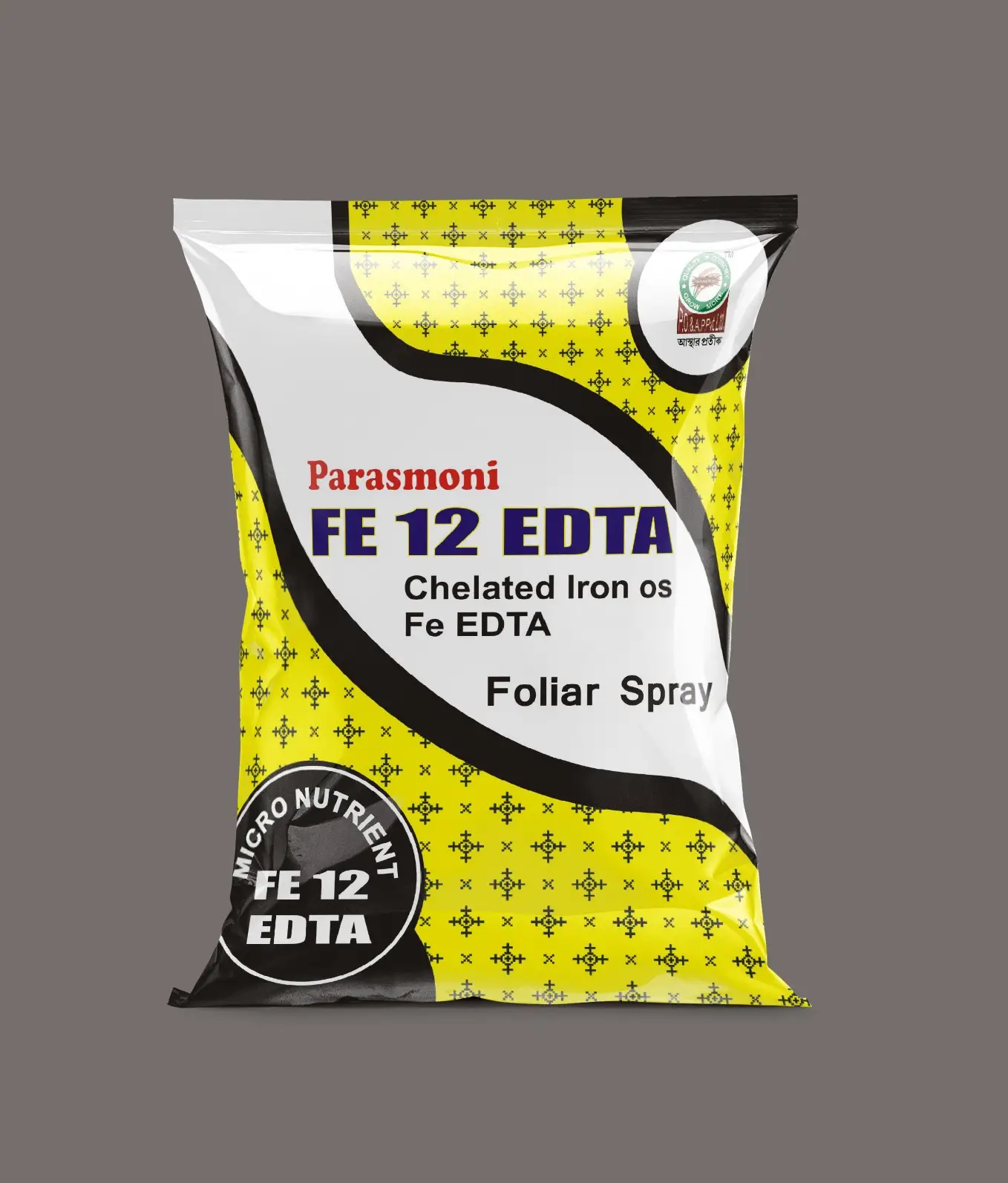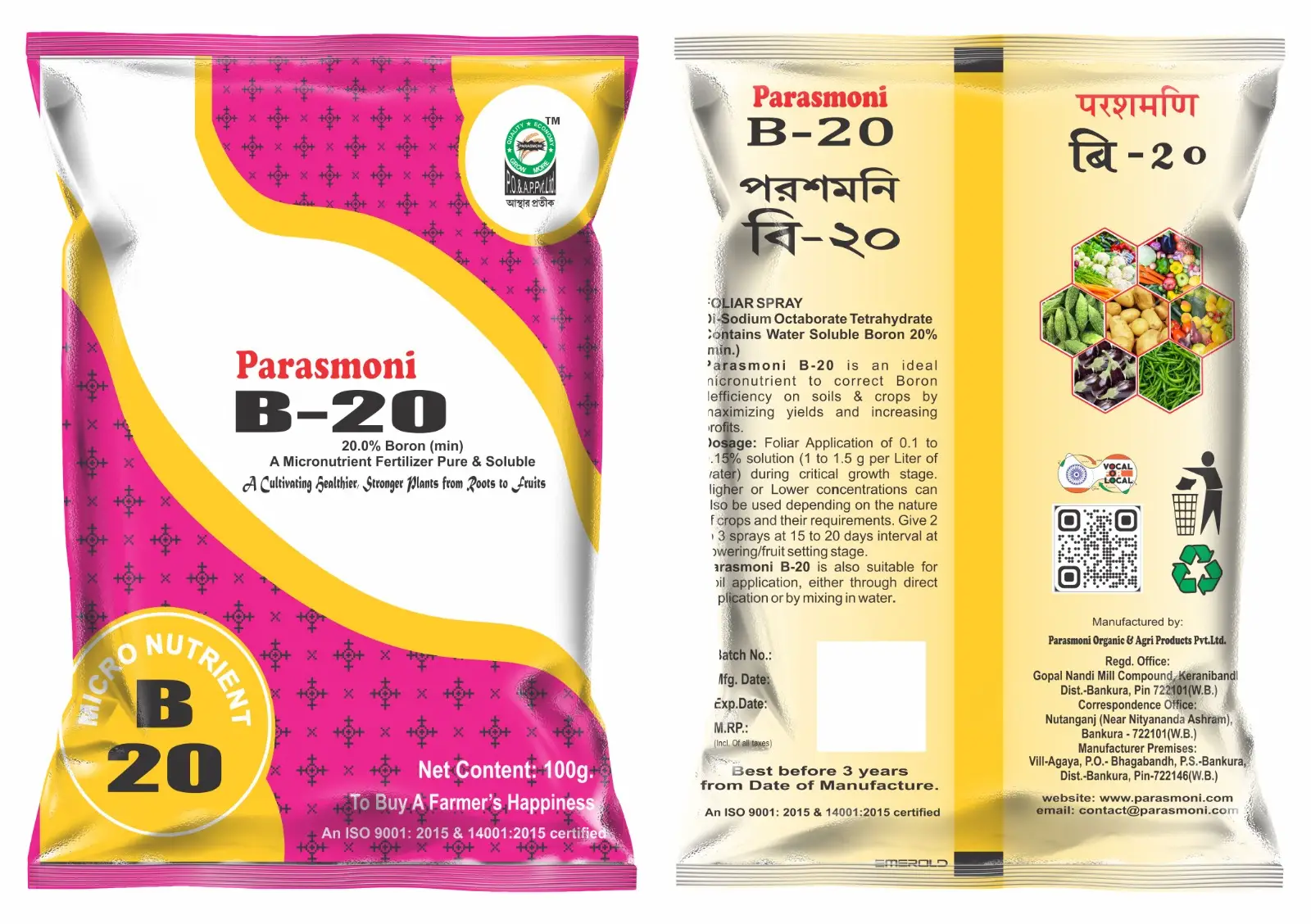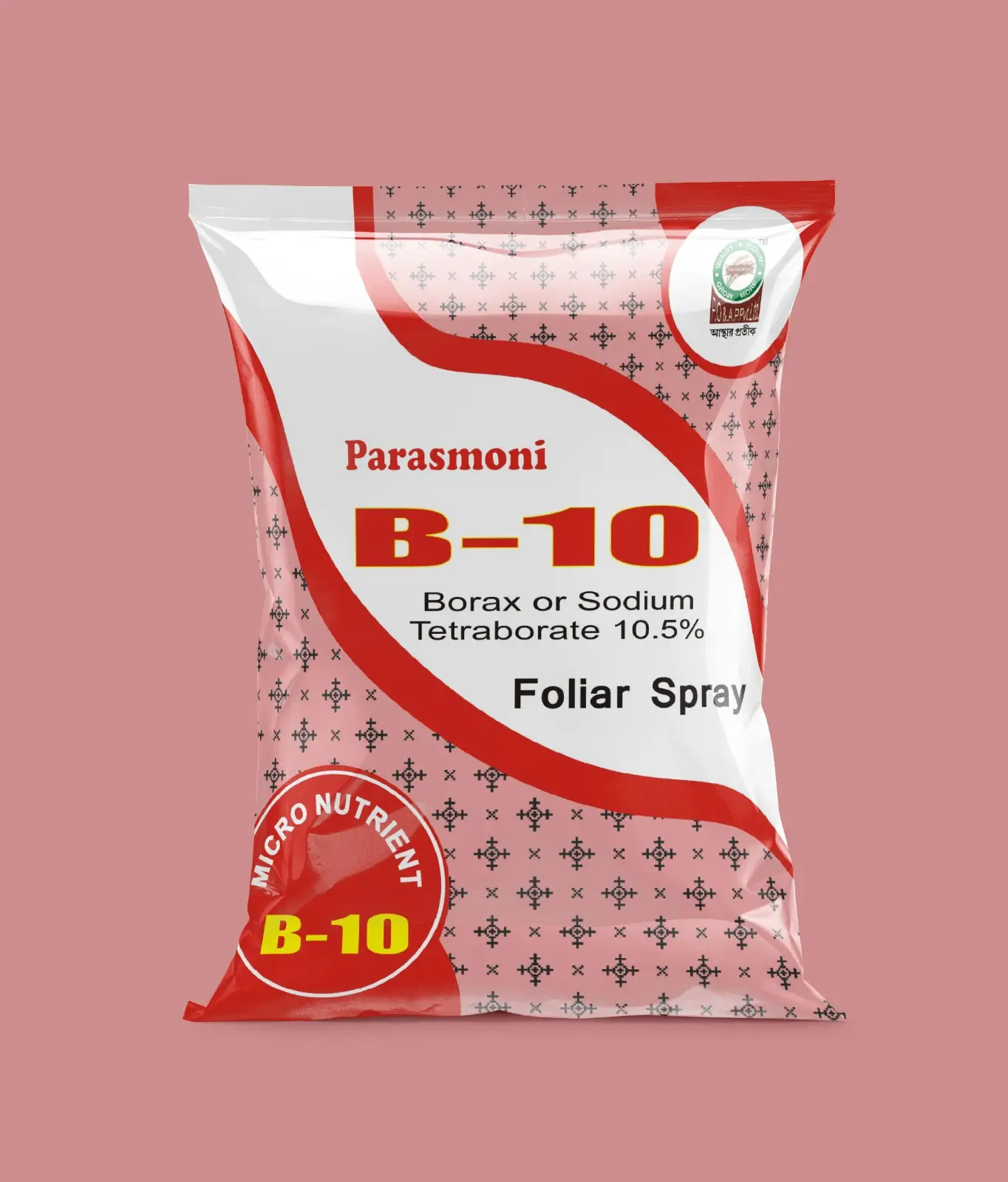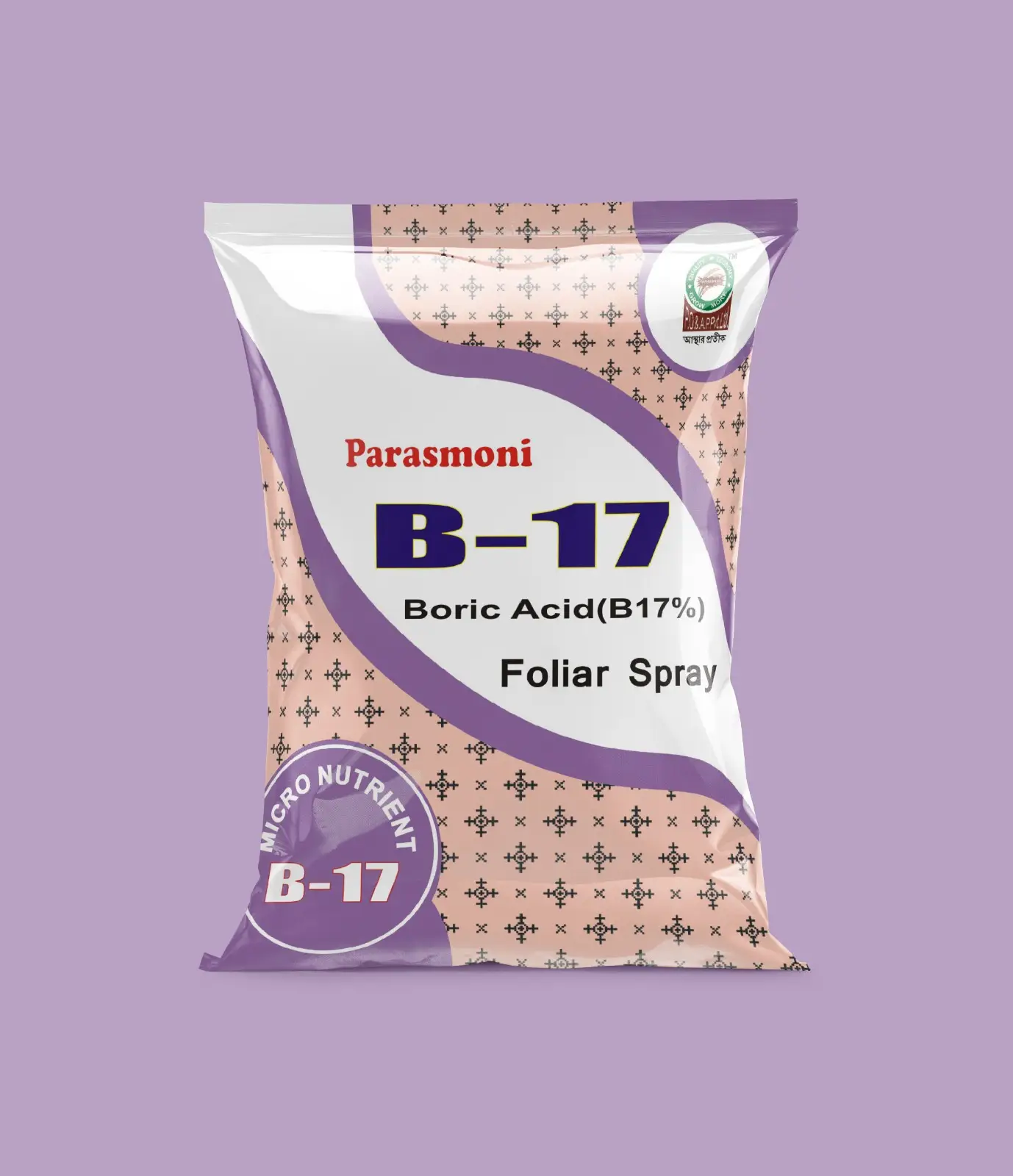Copper Sulphate Micronutrient in Crop Growth
Introduction:
Copper sulphate, also known as cupric sulphate, is an essential micronutrient used in agriculture to promote the healthy growth and development of crops. Copper is a vital element required in trace amounts by plants, playing a crucial role in various physiological and biochemical processes.
Importance of Copper in Crop Growth:
Plants involve copper in several key functions as an essential micronutrient.
- Enzyme Activation: Copper acts as a cofactor for several enzymes, including those involved in lignin synthesis, which strengthens plant cell walls and helps in disease resistance.
- Photosynthesis: Copper plays a role in the electron transport chain during photosynthesis, which is critical for energy production in plants.
- Protein and Carbohydrate Metabolism: Copper is involved in the metabolism of proteins and carbohydrates, contributing to overall plant health and growth.
- Reproductive Growth: Copper is important for pollen formation and the fertilization process, impacting crop yields.
Crops Copper Deficiency:
can lead to we cam see several problems in crops for Copper deficiency, often resulting in poor growth and reduced yields:
- Chlorosis: Yellowing of young leaves, particularly at the tips, occurs due to impaired chlorophyll production. Consequently, this can lead to further issues in plant health
- Dieback: Severe copper deficiency can cause stems and twigs to die back, resulting in plant tip death.
- Poor Root Development: Copper deficiency weakens roots, increasing vulnerability to drought and nutrient issues.
- Delayed Flowering and Poor Seed Set: Copper-deficient plants may exhibit delayed flowering and reduced seed production.
Copper deficiency is more common in sandy soils, organic soils (peat), and soils with high pH (alkaline soils).
Copper Sulphate as a Micronutrient Fertilizer:
Farmers widely use copper sulphate to correct copper deficiencies in crops. It is available in various forms, with copper sulphate pentahydrate being the most common, containing about 25% copper.
Application and Benefits of Copper Sulphate Micronutrient:
Farmers can apply copper sulphate to crops in several ways.
- Soil Application: Incorporated into the soil before planting or applied as a top dressing during the growing season. This method is effective in preventing copper deficiency in soils prone to deficiency.
- Foliar Application: Sprayed directly onto the leaves for quick absorption. Plants use copper in several key functions as an essential micronutrient.
- Seed Treatment: Coating seeds with copper sulphate at planting boosts early growth and disease resistance.
- Fertigation: Applied through irrigation systems, providing a consistent supply of copper to crops throughout the growing season.
Benefits of Copper Sulphate Micronutrient in Agriculture:
- Improved Disease Resistance: Adequate copper nutrition strengthens plant cell walls, enhancing natural defenses against diseases.
- Enhanced Photosynthesis: Copper’s role in photosynthesis ensures that plants can efficiently convert sunlight into energy, leading to healthier growth.
- Better Reproductive Growth: Copper is essential for flowering and seed production, directly impacting crop yields.
- Correction of Copper Deficiency: Copper sulphate use prevents deficiency for healthier growth.
- Versatile Application: One can easily integrate copper sulphate into various crop management practices, including soil, foliar, and seed treatment applications.
Conclusion:
Copper sulphate is a critical micronutrient fertilizer that plays a significant role in ensuring the healthy growth and development of crops. By supplying essential copper, it supports vital processes such as enzyme activation, photosynthesis, and disease resistance, leading to more robust and productive plants. Regular use of copper sulphate in agriculture helps prevent and correct copper deficiency, resulting in higher yields, better-quality produce, and overall improved crop health.
